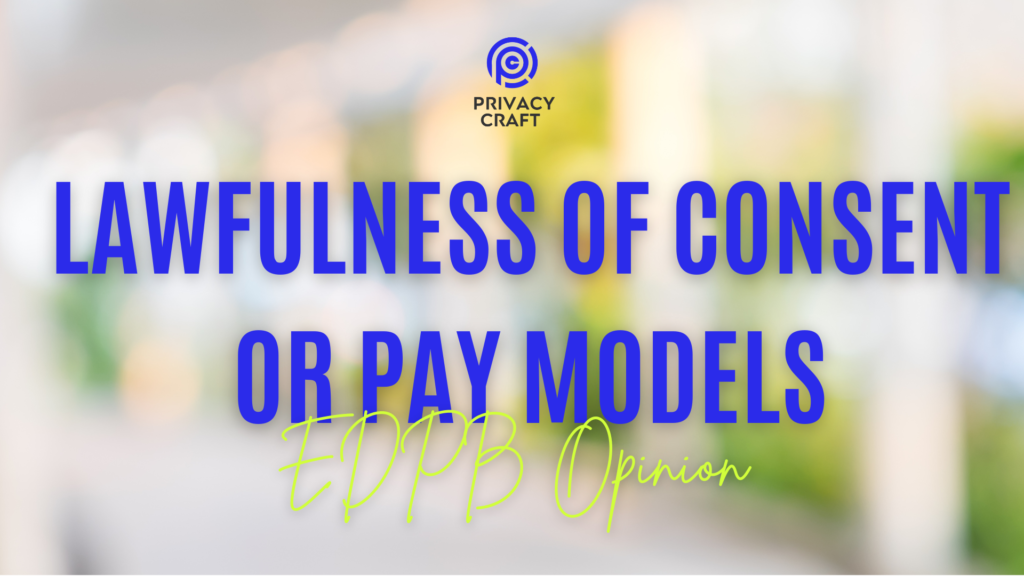On 20 June 2024, the AEPD examined the implications of treating identity as a service rather than a fundamental right, emphasizing the potential threats to personal control over data and privacy.
Key Points:
Identity as a Fundamental Right
- Recognized in international law, essential for social inclusion and equality.
- Access to services: Education, healthcare, and financial services rely on legal identity.
- Spanish Law: Protects identity through the Organic Law on the Protection of Citizen Security, ensuring identity belongs to citizens.
Risks of Treating Identity as a Service
- Commodification can undermine rights and lead to social exclusion.
- Examples:
- World Bank’s ID4D: Marginalized citizens through biometric databases.
- Kenya: Exclusion from legal recognition affected access to essential services.
Global Examples of Service-Driven Identity
- India’s Aadhaar: Governance issues led to exclusion of millions from services.
- ID.me (US) and Verify (UK): Digital systems resulted in service access issues for many.
Conclusion
- The AEPD advocates for identity frameworks grounded in rights, privacy, and fairness.
- European Initiatives: Emphasize standardization and interoperability, supporting citizens’ autonomy while preventing surveillance and exclusion.
👉 Read more here.

♻️ Share this if you found it useful.
💥 Follow me on Linkedin for updates and discussions on privacy education.
📍 Subscribe to my newsletter for weekly updates and insights – subscribers get an integrated view of the week and more information than on the blog.


